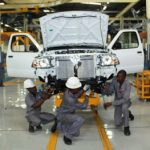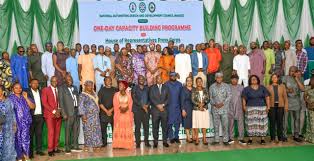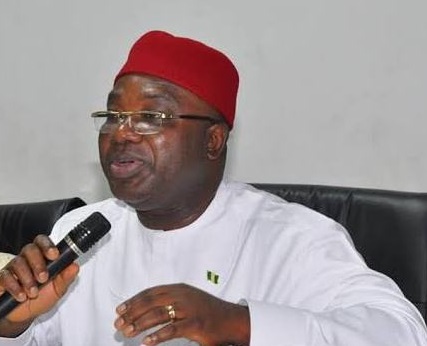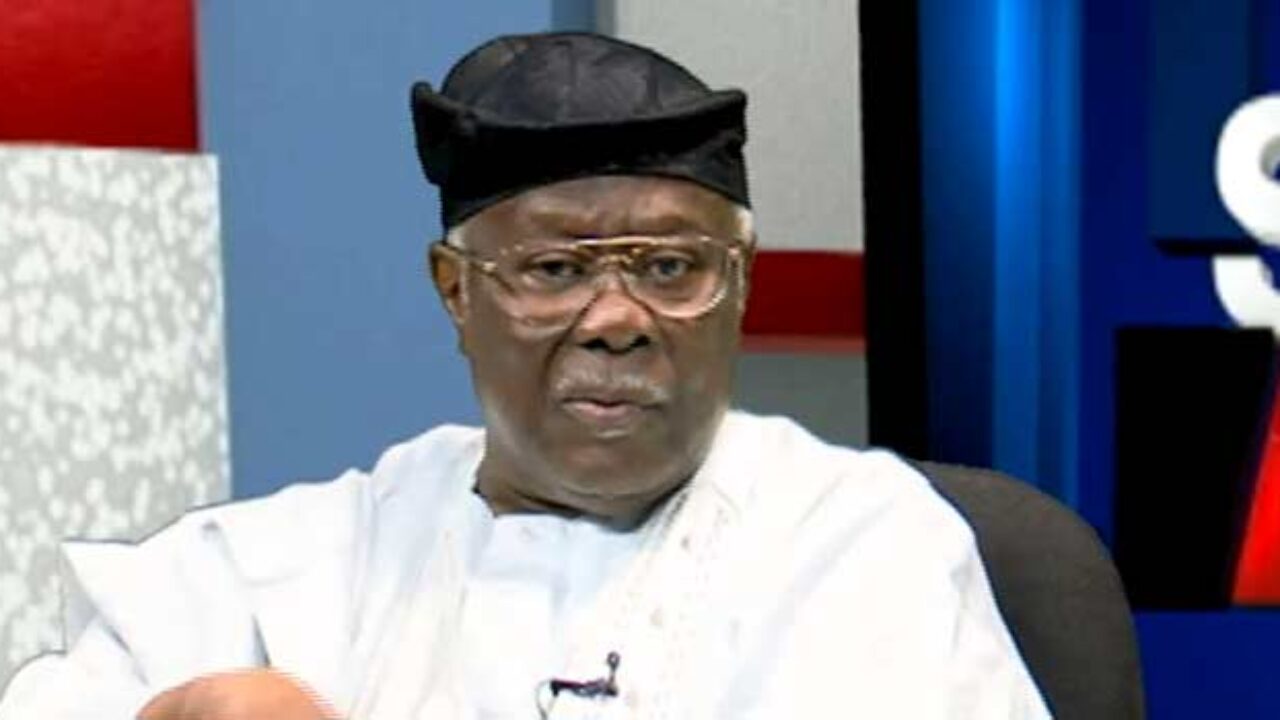Smuggled Cars, Soaring Costs Push Auto Sector to the Brink
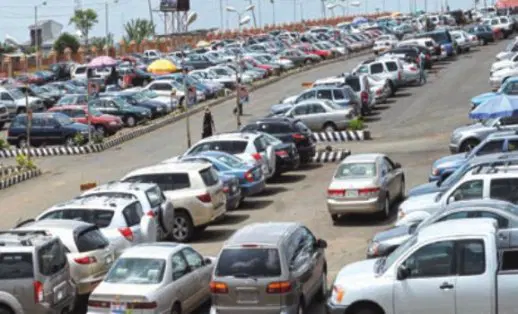
Nigeria’s automobile industry is reeling under the twin pressures of surging vehicle importation and unrelenting inflation, with stakeholders warning that the country’s dream of building a sustainable automotive hub is on the verge of collapse.
Despite more than a decade of government policies aimed at boosting local production through tariffs, incentives, and assembly plants, the influx of second-hand vehicles, many smuggled through porous borders, continues to undermine domestic manufacturing. Rising inflation has compounded the crisis by driving up the costs of raw materials, spare parts, and logistics, leaving locally assembled cars priced far above imported alternatives.
“The Nigerian automotive development programme can hardly survive in this investment environment,” said Luqman Mamudu, former Director of Policy and Planning at the National Automotive Design and Development Council (NADDC).
He lamented that Nigeria’s borders have become “a dumping ground for end-of-life vehicles from everywhere in the world,” adding that the abandoned government-backed credit scheme for affordable financing has further crippled the industry.
Mamudu faulted the Finance Act of 2020 for bowing to pressure from used vehicle importers by slashing tariffs on imported new and used vehicles from 35 per cent to 10 per cent.
The sudden shift, he said, wiped out the competitiveness of semi-knocked-down assembly plants, triggering job losses and forcing some operators to rely entirely on imports. “Today, the Nigerian automotive space has turned into a vast parking lot for second-hand cars,” he warned.
Industry experts echoed similar concerns. Engr. Saliyu Aliyu, fellow of the Nigerian Institute of Mechanical Engineers, blamed the lack of political will and restrictive regulations for stifling innovation. He argued that Nigeria has the manpower and technology to drive an automotive revolution, but continues to undervalue local talent.
Automotive engineer Promise Akpan warned that Nigeria’s dependence on imports not only inflates costs for consumers but also stalls the development of a domestic industry. He called for stronger government support, global partnerships, targeted investment, and workforce training to revive the sector.
Stakeholders urged the Federal Government to fast-track the submission of the Nigerian Automotive Development Policy to the National Assembly and to back it with decisive reforms, funding, and enforcement. Without urgent action, they warned, Nigeria risks permanent dependence on imports, losing jobs, technology transfer opportunities, and its ambition of becoming a regional automotive hub.


